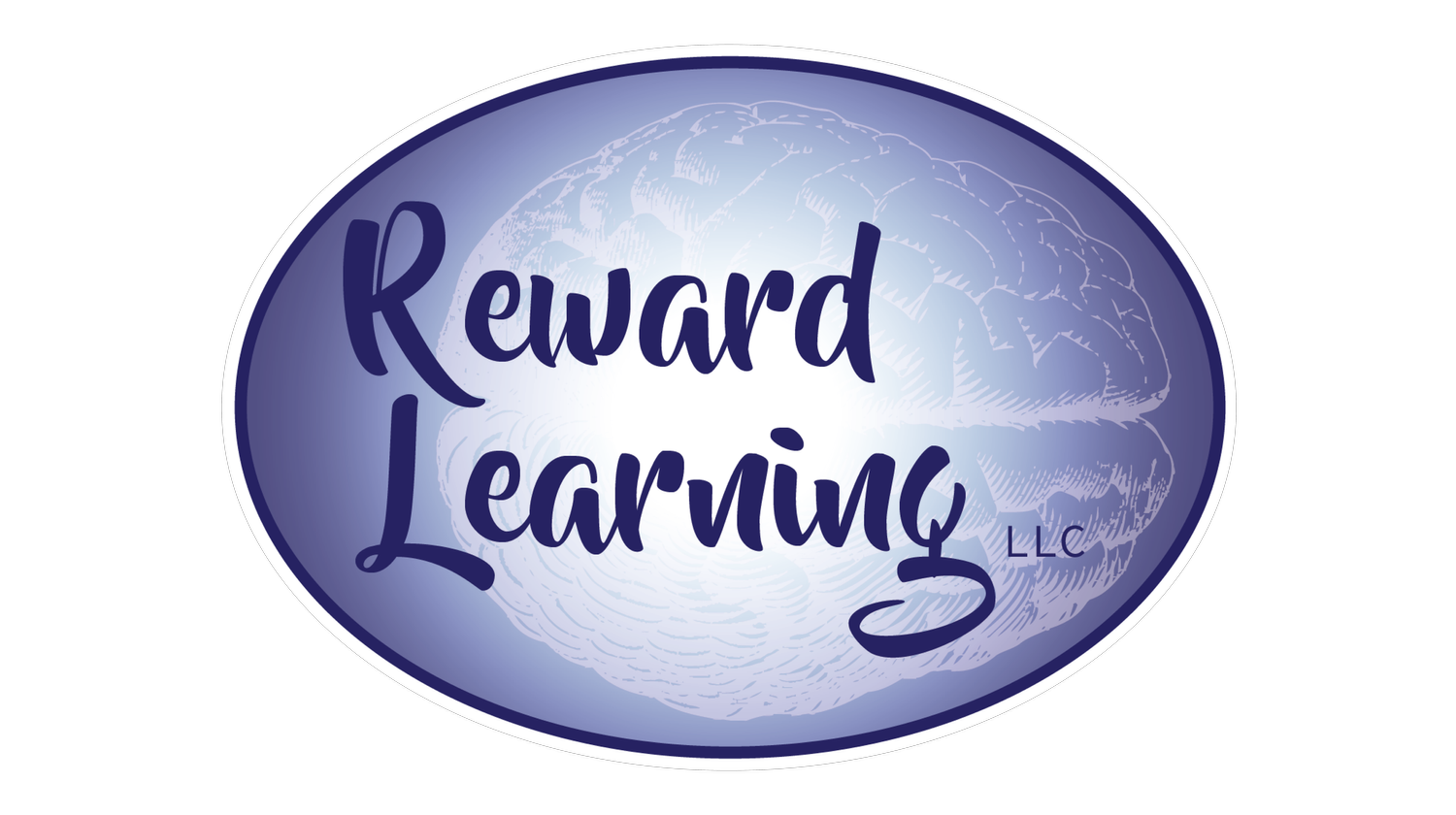The following ideas may be helpful for your child, to improve in reading comprehension. Adults also may benefit from using ideas in this post, to enhance their reading skills as well.
READING; Comprehension
· Your child may learn to improve her/his reading comprehension using the “start-stop method”. Using this strategy, she/he would be asked to read a passage for thirty seconds and then asked to tell what she/he read. If your child does not recall much of what was read, she/he should be encouraged to read it again, for thirty seconds. After the timer goes off she/he would be asked to summarize the passage. This should be continued until she/he can successfully summarize the passage. Once your child has mastery of that passage, she/he would be encouraged to try another passage using the same technique. After repeated practice, she/he may improve in reading comprehension and ability to summarize it. When your child is able to accurately summarize what was read for 45 seconds, the timer can be increased to one minute. Repeat the process regularly and monitor her/his progress. This approach can be done for a few minutes a day, and this may be done just before a 20-minute session of reading a book of her/his preference.
· As your child becomes increasingly proficient in accurately reading words (i.e. decode), fluency becomes helpful for comprehension. Ways to support your child’s reading comprehension include fluency training, vocabulary instruction, and practice actively reading. Techniques that enhance active reading comprehension include prediction, summarization, visualization, clarification, critical thinking, making inferences, and drawing conclusions. These strategies can be taught to your child in order to help her/him learn ways to enhance her/his reading comprehension.
· Your child may need encouragement to take an active approach to reading for learning. This approach may include discussing the subject matter prior to reading, pre-reading end-of-chapter questions and boldfaced headings, and pausing at the end of each sentence (or paragraph) to summarize or paraphrase the information.
· Ask your child comprehension questions before reading a passage/chapter/book. The intent is to help her/him recognize pertinent information to be looking for and assist in her/his attention.
· Learning to read aloud while using natural vocal inflections and pauses at the right places can have an influence on a person’s comprehension of what is read. This may be pursued, especially, If your child’s reading tends to be a bit monotonous. By working on this skill she/he may better be able to understand and remember what she/he reads.
· If your child has challenges with her/his recall of what was read, she/he may benefit from having practice drills recalling what she/he had just read after each page. A few minutes a day of practice in this may aid in learning to pay attention and truly absorb the material in the text.
READING COMPREHENSION; Strategies for School
· The National Reading Panel determined that the specific strategies are evidence based: using graphic organizers, using cooperative groups, generating questions, answering questions, identifying story structure, summarization, and the individual monitoring her/his own comprehension. They should be taught to your child using modeling, guided practice, and then independent practice.
· Your child may increase her/his reading comprehension through a step-by-step approach such as Reciprocal teaching. This may include an activity that guides the students to become the teacher in small group reading sessions. Teachers show the students how to guide group discussions by generating questions, summarizing, clarifying, and predicting. The students then have the opportunity to lead similar discussions.
READING COMPREHENSION; Resources
• Literacy Apps Vocabulary from Reading Rockets http://www.readingrockets.org/literacyapps/vocabulary
• www.readworks.org. This is an excellent resource on reading comprehension (free).
• Determine questions to think about prior to reading (e.g. what is the main purpose, what are 3 key points, why is the information important)
• Create a chart while reading to provide a concrete visual representation of information in order to assist with inferences, conclusions, predictions, and comparisons:
• http://maryannreilly.blogspot.com/2015/01/creating-anchor-comprehension-charts-in.html, http://www.readingrockets.org/strategies/inquiry_chart)
• Graphic organizers: http://www2.scholastic.com/browse/article.jsp?id=2983,
• Use tools to simplify text when reading: http://www.booksthatgrow.com, http://rewordify.com
• Consider using a Kindle (with Storia or Merriam Webster app) for reading, as text can be enlarged, limiting the amount of visual detail on a page, and audio output can be combined with the text or can click on a word to hear the pronunciation and/or meaning.
• Help recognize when words can have more than one meaning and teach her how to decipher the intended meaning based on the surrounding context meanings (https://freelanguagestuff.com/multiple-meaning-words/)
• www.linguisystems.com: Spotlight on Reading Comprehension, No-Glamour Reading Comprehension
If you have been using strategies and interventions (such as the ones noted above), and skills are not improving, consider reading out for an assessment. As a Licensed Educational Psychologist, and experience in the field since 2007, I am able to assess and answer your questions through assessment. Feel free to reach out with any questions, or check out the services page of this website to learn about a psycho-educational assessment, or “school neuro-psych” assessment.
Interested in learning more? Follow me on Facebook.
